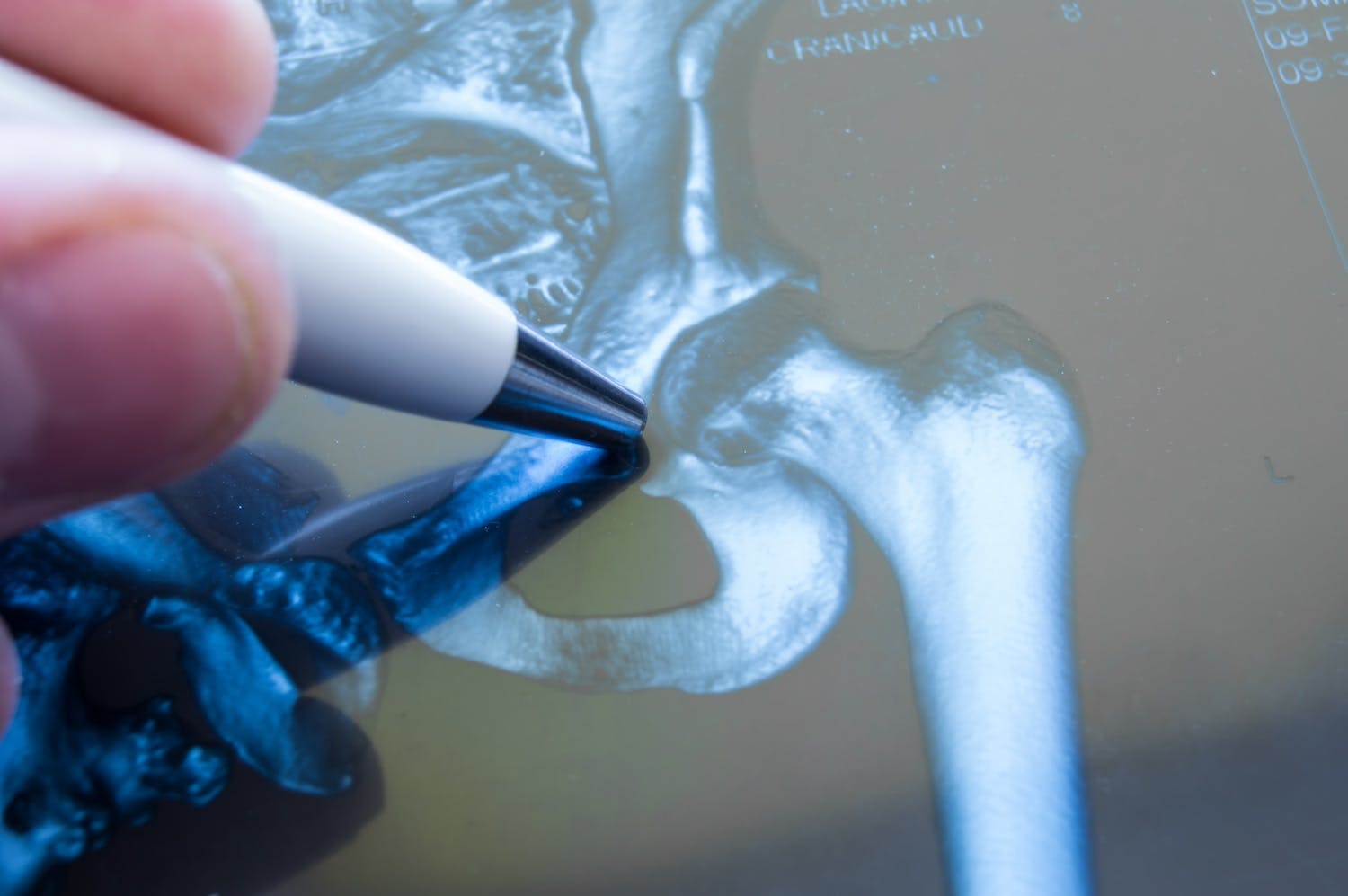- Blog
Top 5 Joint-Saving Summer Travel Tips
Posted on 01-16-2026 in Bone Health, Injury Prevention & Joint Care by Dr. Roger Ostrander, Dr. Chris O'Grady, Dr. Christopher Bookout

Posted on 01-16-2026 in Bone Health, Injury Prevention & Joint Care by Dr. Roger Ostrander, Dr. Chris O'Grady, Dr. Christopher Bookout
Whether you’re flying across the country or hitting the road for a weekend getaway, summer travel can be tough on your joints, especially if you’re sitting for long periods or carrying heavy bags. Shoulder and knee discomfort are two of the most common complaints we hear from patients returning from travel, and many of these issues are preventable with a few simple adjustments.
If you’re planning a trip this season, here are some orthopaedic travel tips to help you move comfortably and maintain joint health while on the go.
Tip #1 - Stretch Before, During, and After Travel:
Extended periods of sitting can reduce blood flow and cause stiffness in the knees and hips. If you’re flying or riding as a passenger, get up and stretch your legs every hour if possible. On road trips, plan stretch breaks at rest stops. Try these quick stretches before and after your journey:
Additional guidance and information on safely stretching can be found by clicking on the links below:
Tip #2 - Practice Good Posture on the Road:
It’s easy to slouch while sitting in a car or airplane seat, but poor posture can strain your back, neck, shoulders, and knees. Use a lumbar roll or a small pillow to support your lower back, and keep your feet flat on the floor. If you’re driving, adjust your seat so your knees are level with your hips and your shoulders remain relaxed.
Tip #3 - Lift Smart, Not Hard
Lifting luggage improperly can lead to shoulder sprains or even rotator cuff injuries. Always bend your knees, keep the bag close to your body, and avoid twisting your torso when lifting. If possible, use rolling luggage and pack light.
Tip #4 - Take Travel-Friendly Exercise Gear
Staying active while traveling can help reduce stiffness and support joint mobility. A short 10- to 15-minute mobility session each day can go a long way in preventing joint pain while you’re away from home. Pack a few portable exercise tools such as:
Tip #5 - Stay Hydrated to Keep Joints Lubricated:
Warm weather and travel-related changes in routine can lead to dehydration, which may cause your joints to feel stiffer or more fatigued. Synovial fluid, which helps cushion your joints, relies heavily on water to do its job. Keep a reusable water bottle with you and sip regularly—even when you’re not feeling thirsty. Avoid excess caffeine and alcohol, both of which can contribute to dehydration and muscle cramping.
Whether you’re exploring new places or simply relaxing at the beach, don’t let joint pain slow you down this summer. If you’re experiencing ongoing discomfort in your shoulders or knees—or want to prepare your joints for a busy travel season—we’re here to help. Learn more about Dr. Roger Ostrander, Dr. Chris O’Grady and Dr. Christopher Bookout, or request an appointment using our online form today.
Click the play button below to watch The Bone & Joint Brief video on this topic!

Ischiofemoral Impingement (IFI) is a lesser-known but often painful condition affecting the hip joint. This condition arises when the ischium (a bone in the pelvis) and the femur (the thigh bone) come into abnormal contact, which compresses soft tissues surrounding the hip. While the discomfort typically manifests in the buttocks or groin, particularly when moving the hip or walking, it can also present as low back pain, making it challenging to diagnose early. Additional symptoms and causes include discomfort during prolonged sitting, reduced range of motion, stiffness and/or tightness in the hip area.

May is Arthritis Awareness Month, an opportunity to increase public understanding of arthritis and its impact on millions of lives. Established by the Arthritis Foundation, this national observance highlights the importance of early diagnosis, effective treatment, and ongoing research to improve the quality of life for those with arthritis.

With summer in full swing and children taking advantage of more time to participate in sports-related or other outdoor activities, it’s essential to be mindful of injury prevention while encouraging their interest in activities that don’t involve screen time!